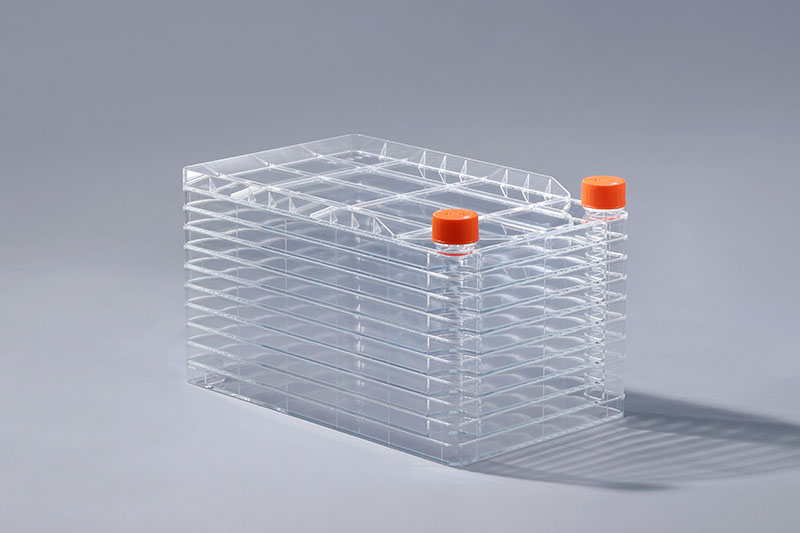The basic conditions for culturing cells in a cell factory - the right temperature
The rapid development of the field of life sciences has continued to expand the demand for cell culture consumables. Among them, cell factories for large-scale cell culture are favored by many pharmaceutical companies and vaccine manufacturers. Cell growth requires certain conditions, in addition to a sterile environment, it also requires a suitable temperature.
Generally, the suitable temperature for mammalian and avian cells to be cultured in vitro is 37-38°C. Unsuitable ambient temperature will affect the growth of cells. The tolerance of cells to low temperature is stronger than that of high temperature. At low temperature, the metabolic activity and mitotic capacity of cells are reduced. If the temperature is not lower than 0 °C, although the cell metabolism is affected, there is no damage; at 25 to 35 °C, the cells grow at a slow rate.
High temperature is not good for cell culture. If the cells are cultured at 39~40°C for 1 hour, they will be damaged to a certain extent, but they may still recover, but they cannot tolerate a temperature increase of 2°C for several hours. The operation is serious, and most of the cells are killed when the temperature is above 43 °C. High temperature mainly causes the inactivation of enzymes, the destruction of lipidoids, the destruction of nuclear division, the production of coagulase, the coagulation of cells, and the denaturation of proteins. Therefore, high temperature must be avoided when culturing cells in vitro. When using cell factories for cell culture, a constant temperature incubator or greenhouse is used to ensure that the cells are always at a suitable temperature and maintain a good growth state.
Appropriate temperature is only one of the basic conditions for culturing cells in cell factories. In addition, sterile environment, osmotic pressure, gas environment and pH are required. Any failure to meet the standard will affect the process of cell culture.

评论
发表评论